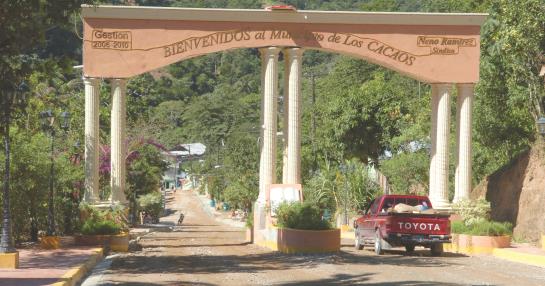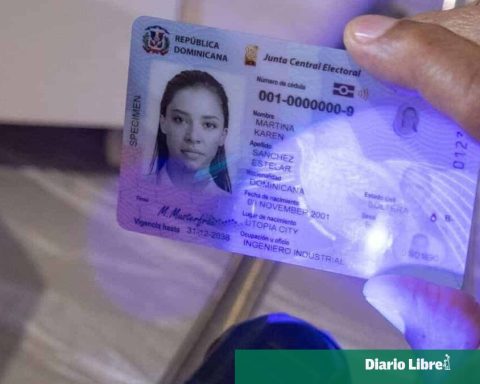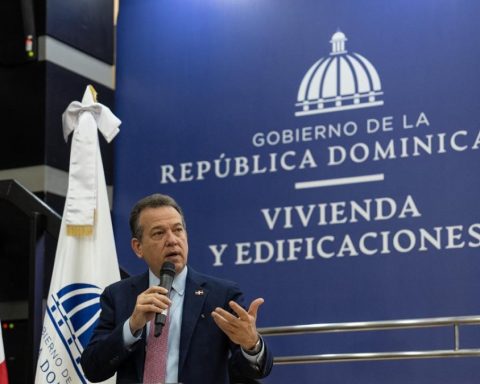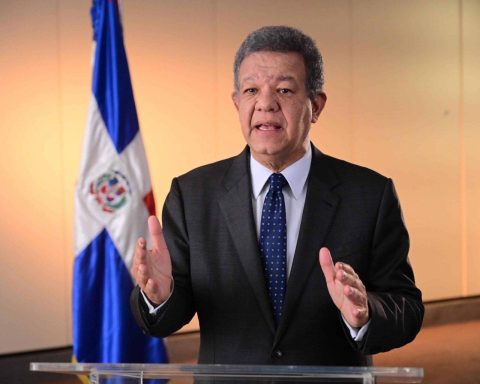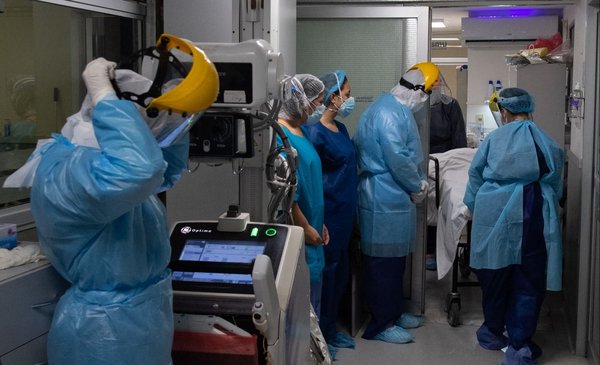The government has two projects to carry Internet to rural communities of the Dominican Republic with a millionaire investment that will be executed separately by the Dominican Institute of Telecommunications (indotel) and the Ministry of Education (Minerd).
Miner’s plan
The Ministry of Education intends to take the satellite internet to schools located in the provinces of Barahona, Bahoruco, San Juan, Azua, Valverde, Montecristi, María Trinidad Sánchez and Monte Plata, but the official documents of the bidding process do not contain the list of educational centers that will benefit from the service.
The request from the Purchasing and Contracting Department of the Ministry of Education for the contracting of the service details two lots, the first for a “service of satellite internet, structured cabling, continuous power solution, content management Micro Server, Access Control System and Campus WI-FI”, for the 600 schools. The cost of the service satellite internet for each school it is estimated at RD$3,396,556.34 and the contract period is for 36 months.
The second lot is for the transfer of knowledge in the use and management of installed platforms, deliverables, and documentation and programming services for clients or servers. Both lots for a cost of RD$2,000 million.
In this sense, the company that wins the tender must submit a commitment letter for training and training of no less than four hours to four technicians from the General Directorate of Information Technology and Communication of the Minerd, so that they can identify and diagnose possible breakdowns in the satellite service.
Also manage and configure the Cloud controller of the Access Points (devices to establish a wireless connection between computers) and the administration and configuration of the content manager.
These trainings will be given at the time and place agreed by the General Directorate of Technology and the company that is awarded, after the installation work has begun.
The specifications also establish that a training of no less than 2 hours must be given to directors and teachers, of the schools equipped with the required technologies, on the use of these and content management as a learning tool and the use of tools for hybrid education.
This training will take place on the campus where the teachers and directors teach; at the time of completing the service installation work at each campus.
Annual purchasing plan
According to the documents posted on the platform of the General Directorate of Public Procurement (DGCP), the acquisition of this service is not contemplated in the Annual Plan for Procurement and Contracting of the Minerd.
For this contracting, Minister Roberto Fulcar requested on November 15, 2021 to the General Director of the Budget, José Rijo Presbot, a certification that the institution has the resources available within the General State Budget of 2022 for the contracting of services of satellite connectivity, worth RD$1,001,398,513.29. The certification was issued by the Budget Director on December 22 of last year.
Background
In November of last year, Education opened a process of “manifestation of Interest”, to the potentialities of the existing companies in the local market, for the presentation of offers for the service of satellite internet.
According to the information published on the Minerd website, the system must have user and access control mechanisms that, together with a local and centralized educational content management system provided by the Ministry, are tools that allow hybrid in beneficiary schools.
Satellite connectivity requirements
For the integrated satellite connectivity service for 600 rural and sub-rural schools, the Ministry of Education established as a requirement that the system have user and access control mechanisms that, together with a local and centralized educational content management system provided by the Ministry, are tools that allow hybrid education in the beneficiary schools.
Demand from the provider or providers that are awarded, training in the proper use of the Internet and the tools provided and include support, guarantees and on-site and remote maintenance, for a period of three years. In addition, a satellite connectivity service of no less than 12 Mbps download and 3 Mbps upload with 75 GB of prioritized data with an antenna with a diameter of less than 75 cm.
Regarding access, they must deploy a WiFi campus so that students, teachers and support staff can access the platforms, tools and technological resources with their devices, ready for learning and the development of skills.
Also provide energy autonomy to installed equipment, providing a service time of more than 6 hours in addition to electronically protecting the devices of the integrated system. Another requirement that the Minerd will demand is that the service must have technology that allows the bandwidth that reaches the school to be distributed in a controlled and efficient manner, prioritizing traffic and guaranteeing safe and traceable navigation.
It must allow content created by teachers or sent by the Minerd to be organized on the network in such a way that students can access it offline and online from school. The companies must guarantee the technical personnel in the management and diagnosis of the technologies provided; induction to directors and teachers in the use of the tools provided.
A survey of the needs of each educational establishment will be carried out, to determine the amount of equipment and the design of the structured cabling for each case. In order to expedite the largest number of impacted campuses in the shortest time, the homologation of campuses that share the same dimensions or physical characteristics will be arranged.
The operator must have all the necessary local and international licenses and permits to provide the service.
“Today connectivity is not a luxury, but a necessity”President of Indotel
With an investment of US$80 million, Indotel will install an expansion of broadband internet networks through fiber optics that will reach 26 of the country’s poorest municipalities for free, in the first stage of the project. The Indotel project will be executed with financing from the Inter-American Bank (IDB), to bring quality internet to deprived areas, including some 136 municipal districts throughout the country, to benefit more than 250,000 households in the selected demarcations. Most of these are located in the South region and the border area, according to data provided by the institution. The communities that will benefit from the installation of fiber optic broadband internet are Guayabal, Tábara Arriba, Las Yayas de Viajama, Pueblo Viejo, in Azua; Los Ríos, in Bahoruco; Las Salinas, Jaquimeyes, Polo, La Ciénaga and Fundación, in Barahona. Also the communities of Restauración and El Pino, in Dajabón, Bánica, Pedro Santana, El Llano, Hondo Valle and Juan Santiago, in Elías Piña; La Descubierta, Postrer Río, Mella, Cristóbal, in Independencia; Oviedo, in Pedernales; Los Cacaos, in San Cristóbal; Rancho Arriba, in San José de Ocoa; Vallejuelo and Bohechio, in San Juan de la Maguana. The president of the Indotel, Nelson Arroyo, when offering details of the “Improvement of Connectivity for Digital Transformation” project, explained that it has the support of the Administrative Ministry of the Presidency, the Dominican Federation of Municipalities (FEDOMU) the Dominican Municipal League (LMD) and the authorities of 26 municipalities that do not have fixed networks for internet access and that will be provided with connectivity in their respective demarcations. He stressed that this is a priority that is set out in Decree 539-20, dated October 7, 2020, which declares the essential right of universal access to the latest generation Broadband Internet and the productive use of technologies to be of high national interest. Information and Communication Technologies (ICT). “During the pandemic, all of us experienced how imperative connectivity is. We have chosen 26 municipalities that lack fixed connectivity and that need it in order to take steps forward in their development. Nowadays, connectivity is not a luxury, but a necessity”, stated the head of the telecommunications regulatory body. Indotel has not offered further details of the project, which will be financed by the IDB.
